DOGE has arrived at the FTC
Two members of Elon Musk’s Department of Government Efficiency (DOGE) were spotted at the Federal Trade Commission (FTC) this week, sources tell The Verge. Gavin Kliger and Emily Bryant were seen in the building and are now listed in the FTC’s internal directory under the Office of the Chairman with their own agency emails, according […]


Two members of Elon Musk’s Department of Government Efficiency (DOGE) were spotted at the Federal Trade Commission (FTC) this week, sources tell The Verge.
Gavin Kliger and Emily Bryant were seen in the building and are now listed in the FTC’s internal directory under the Office of the Chairman with their own agency emails, according to the sources. FTC spokesperson Joe Simonson told Axios, which first reported the news, that DOGE is there “to root out waste, fraud and abuse.”
It’s unclear what DOGE will target now that it is under the hood of the FTC. It’s a fairly lean agency with fewer than 1,200 employees tasked with consumer protection and antitrust enforcement. A small number of probationary workers were cut earlier this year. FTC chair Andrew Ferguson has already made clear that he believes regulatory agencies should operate under the control of the president, not as the independent bodies they’ve traditionally been.
The agency has access to a vast trove of nonpublic information on businesses it investigates and studies, including material for an upcoming antitrust trial against Meta. Much of the FTC’s case records are physically stored onsite, while documents obtained through discovery are hosted on a platform called Relativity, according to one source.
Rebecca Kelly Slaughter, one of the two Democratic FTC commissioners whom Trump has attempted to fire in violation of decades of Supreme Court precedent, recently pointed out that the agency “has some of the most commercially sensitive financial data of businesses throughout the economy.” During a panel at the American Bar Association on Thursday, she said it would be “very illegal” and “concerning” if such data was “accessed by other market participants.”
The FTC has active oversight of Musk’s businesses. X, for example, is under a long-running consent decree with the agency as a result of how Twitter mishandled user data before Musk purchased the social network. He recently endorsed the idea of stripping away the FTC’s authority to enforce antitrust law by consolidating that power in the Department of Justice, which already coordinates with the FTC on which antitrust cases to pursue.


![How to Find Low-Competition Keywords with Semrush [Super Easy]](https://static.semrush.com/blog/uploads/media/73/62/7362f16fb9e460b6d58ccc09b4a048b6/how-to-find-low-competition-keywords-sm.png)

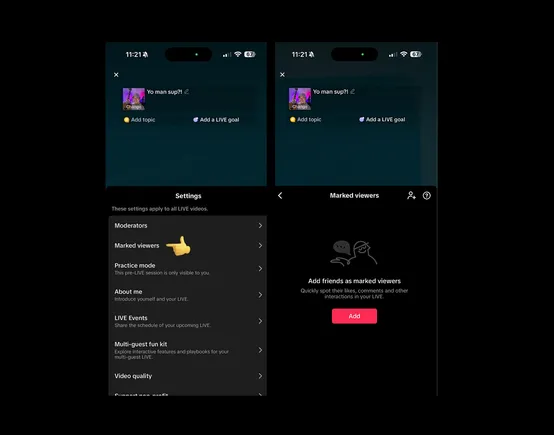



















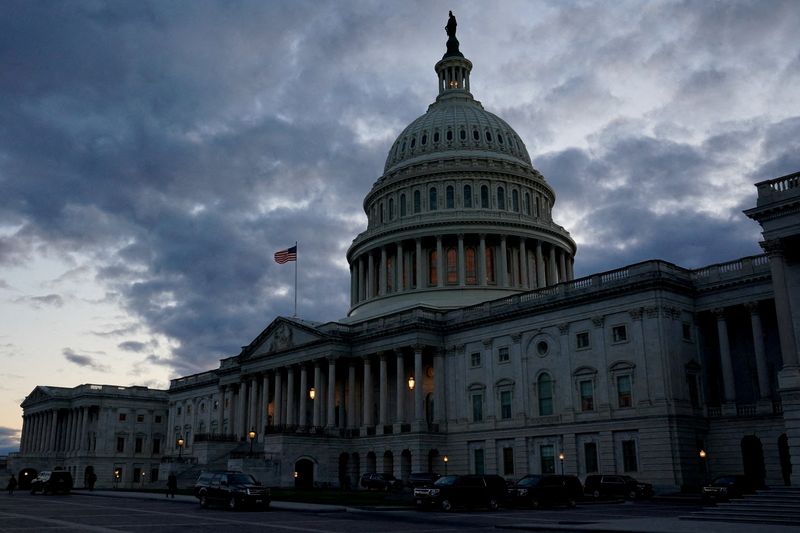



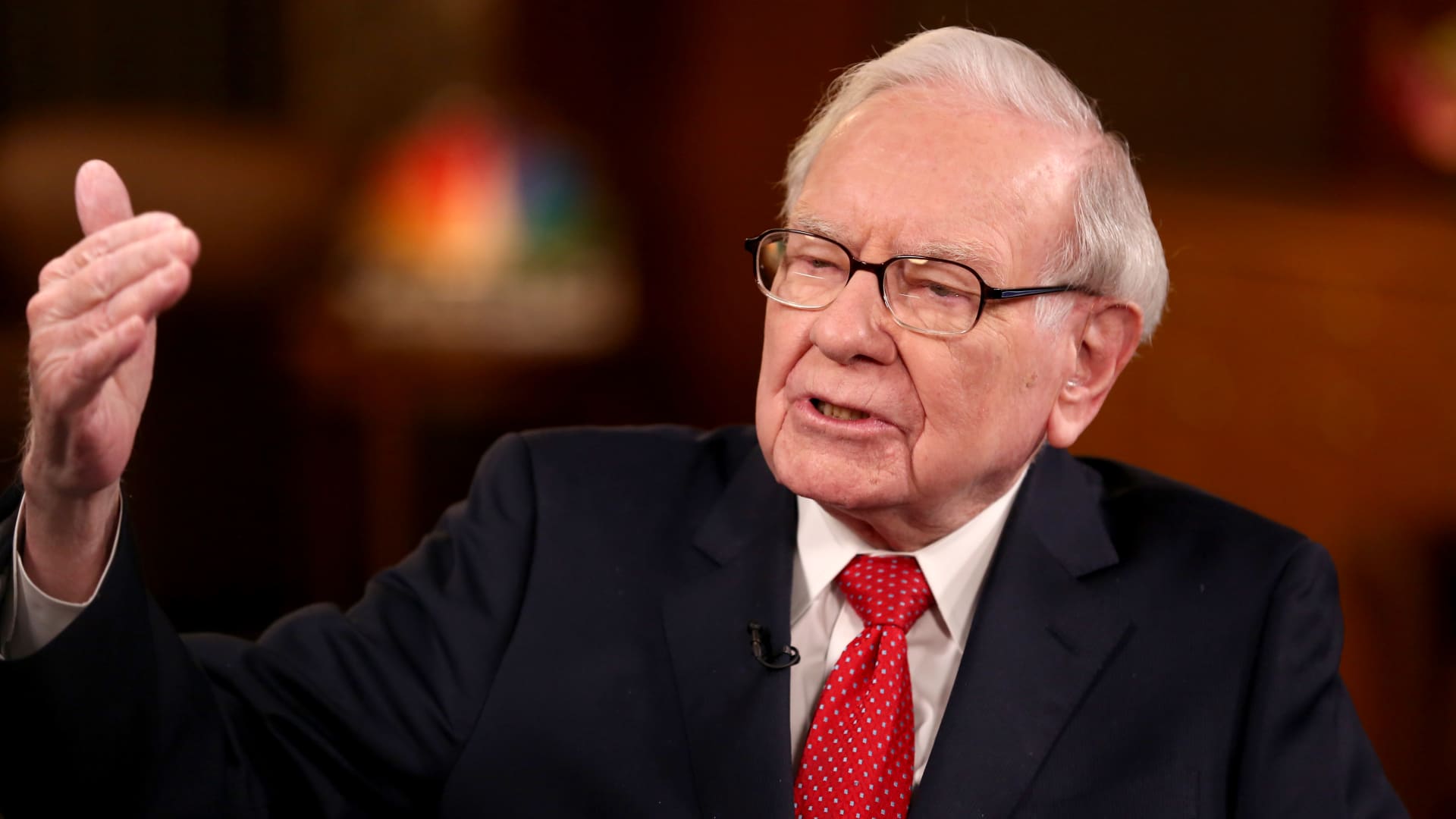




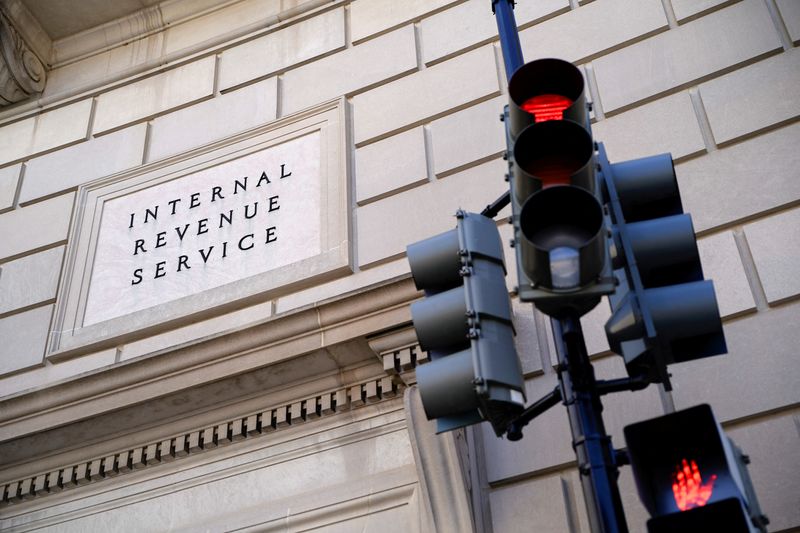























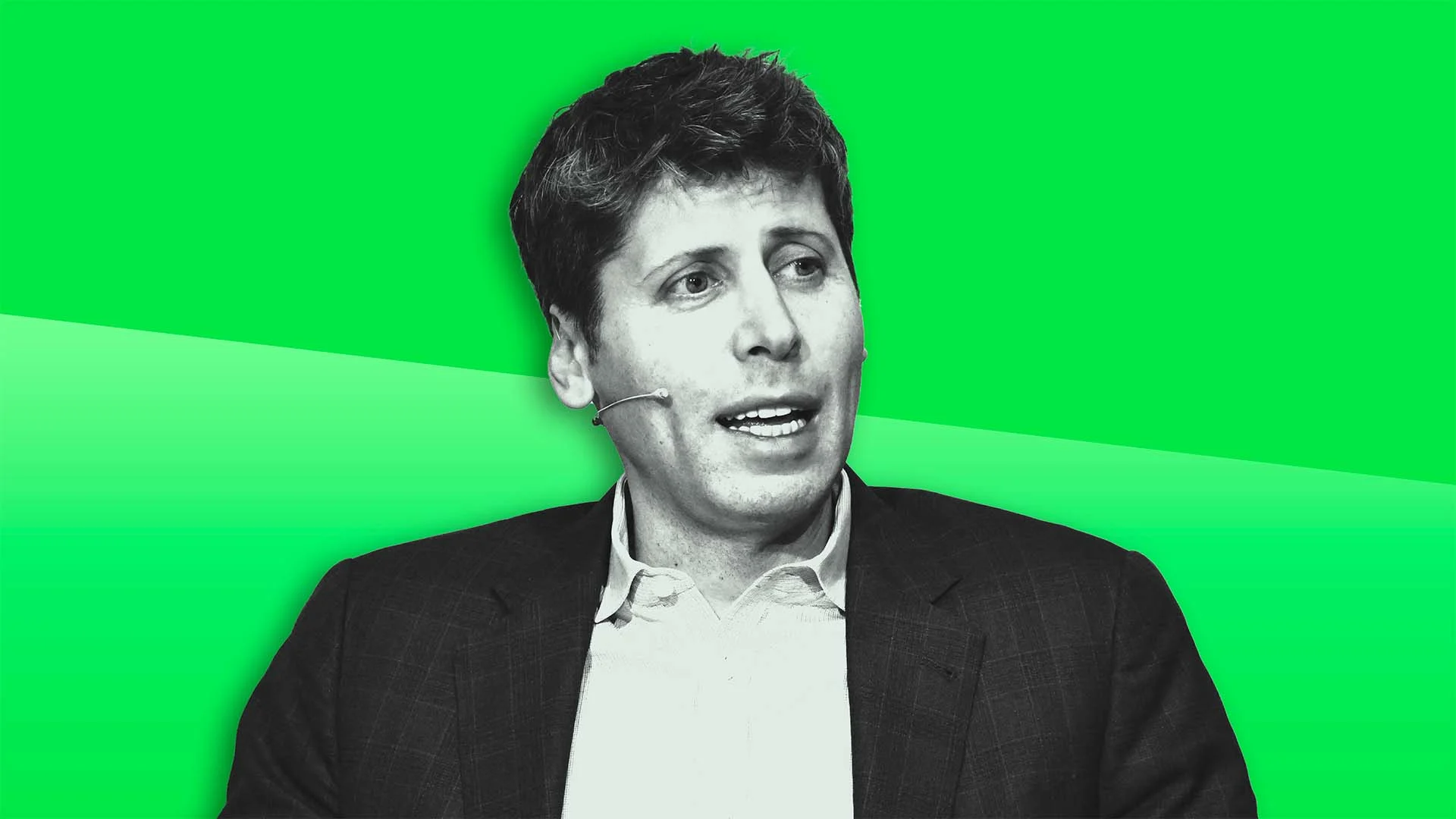

















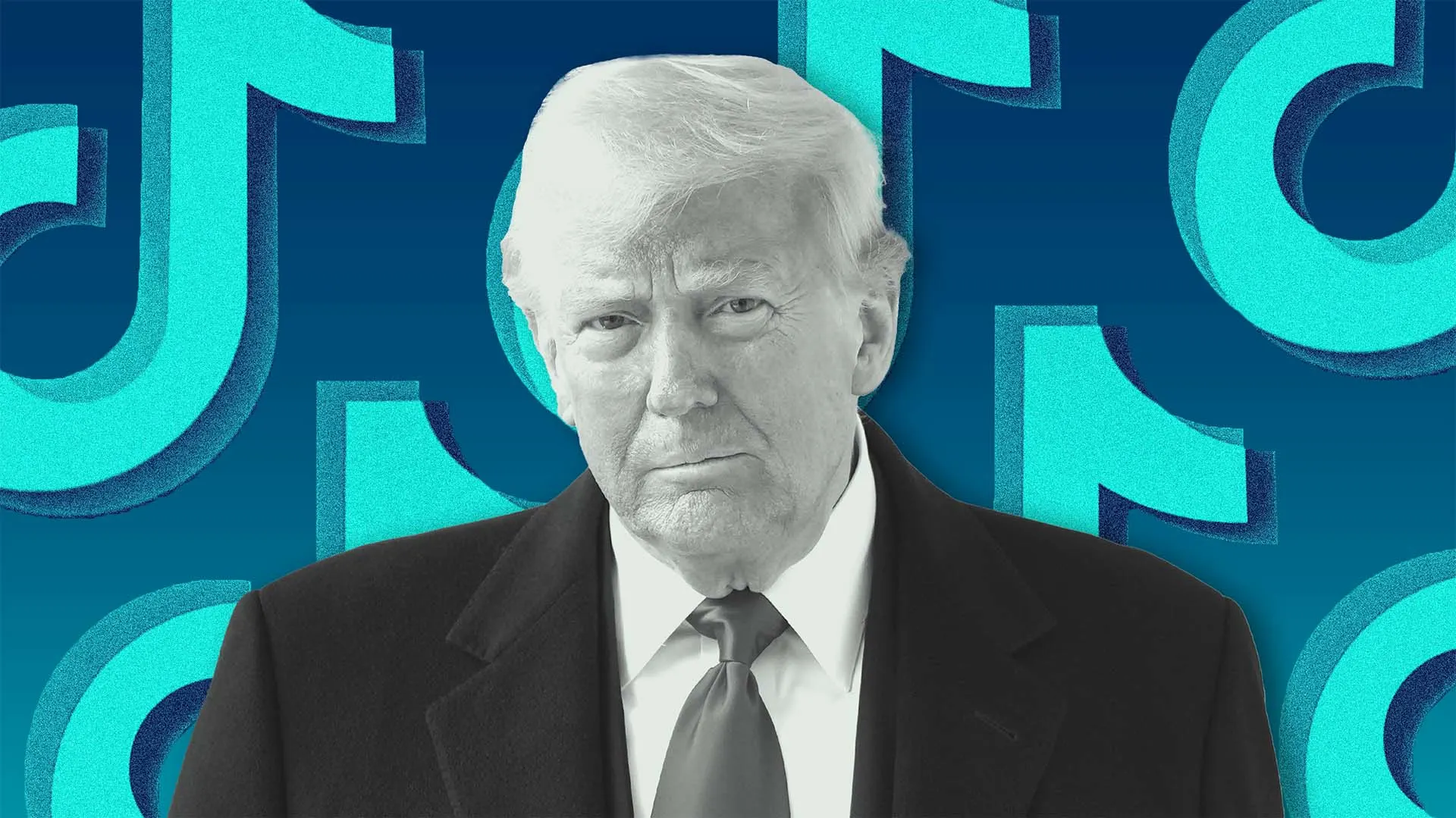




































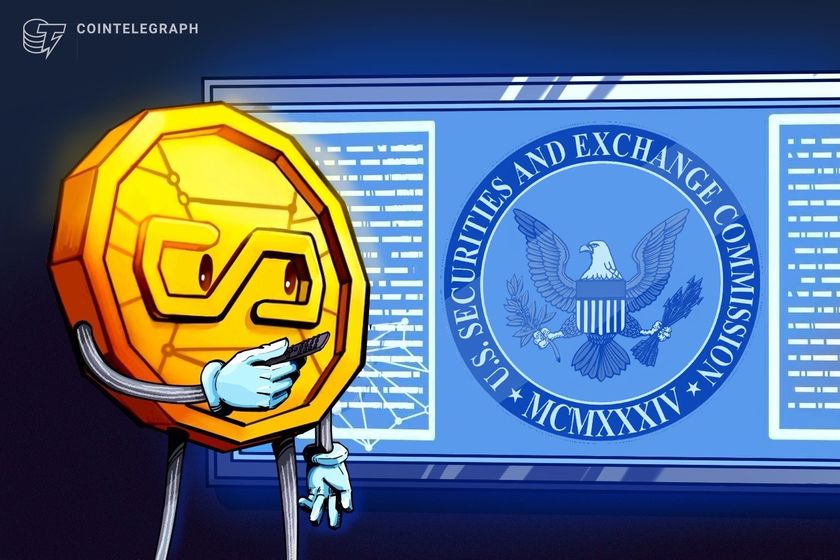




























































.jpg)
%20Abstract%20Background%20112024%20SOURCE%20Amazon.jpg)

















